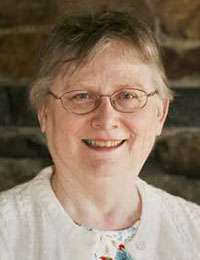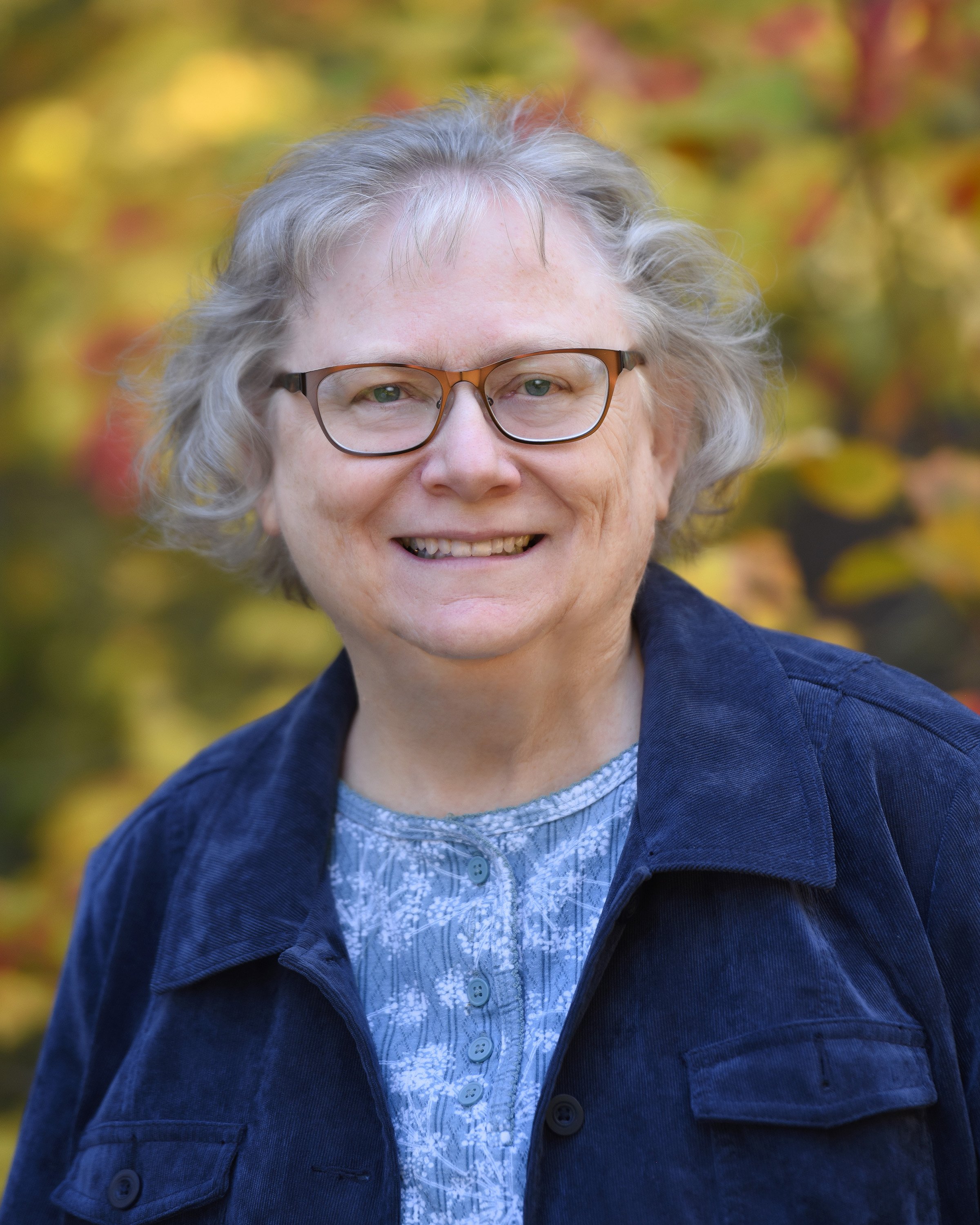 Every writer can benefit from the services of an editor, but professional editors are expensive. If you have an article accepted for publication in the Register, your article will have the benefit of being edited by Henry Hoff, FASG, free of charge. You won’t be paid anything for the article, but Henry will assure that it is in proper form to do both you and the Register proud.
Every writer can benefit from the services of an editor, but professional editors are expensive. If you have an article accepted for publication in the Register, your article will have the benefit of being edited by Henry Hoff, FASG, free of charge. You won’t be paid anything for the article, but Henry will assure that it is in proper form to do both you and the Register proud.
An editor’s job ranges from assuring that the article as a whole makes sense and proves its point to setting up the format, footnotes, and other fiddly things to match the publication’s style rules. Trust me, it’s the fiddly things that usually count the most!
With your family genealogies, you are probably unlikely to be able to afford a professional editor, but there is another level of expertise that you might be able to find. A reader.
A reader does not adjust the manuscript. The reader’s job is to read, as your ultimate audience will be reading, cold turkey, and then to ask questions: What does that mean? Are you sure about…? I don’t follow your argument. I don’t agree with that conclusion. What is the source for this? As well as, of course, to note typos and the like along the way.
The reader’s job is to read, as your ultimate audience will be reading, cold turkey, and then to ask questions...
A good reader can quickly pick out knots that you don’t see because you’ve been looking at the manuscript for so long. It can be quite humbling after you’ve composed a long chapter about why one John Smith in Connecticut is the same as the John Smith in New York only to have your reader comment that they don’t see the reasoning as clearly as you. Just remember, if your target reader doesn’t understand what you are trying to say, it is your fault, not theirs.
If you have a relative or two willing and capable of reading for free, take advantage, but also consider hiring a professional genealogist to read all or part of your manuscript. This can be well worth the expense if it saves you from publishing a flawed or incomplete account and, in turn, you avoid that review in the Register that starts out, “This book has so many flaws, I don’t know where to start.”
A reader isn’t going to do the work of fixing the manuscript for you, as would an editor, but having it held up to a reader’s “mirror” gives you a fresh view of straggling hairs and smudged lipstick. Each reader also brings different talents to the table. My readers are usually better at math than I. At least it seems they are always spotting 8-year-old brides and 70-year-old mothers that fly right over my head.
Share this:

About Alicia Crane Williams
Alicia Crane Williams, FASG, Lead Genealogist of Early Families of New England Study Project, has compiled and edited numerous important genealogical publications including The Mayflower Descendant and the Alden Family “Silver Book” Five Generations project of the Mayflower Society. Most recently, she is the author of the 2017 edition of The Babson Genealogy, 1606-2017, Descendants of Thomas and Isabel Babson who first arrived in Salem, Massachusetts, in 1637. Alicia has served as Historian of the Massachusetts Society of Mayflower Descendants, Assistant Historian General at the General Society of Mayflower Descendants, and as Genealogist of the Alden Kindred of America. She earned a bachelor’s degree from the University of Connecticut and a master’s degree in History from Northeastern University.View all posts by Alicia Crane Williams →